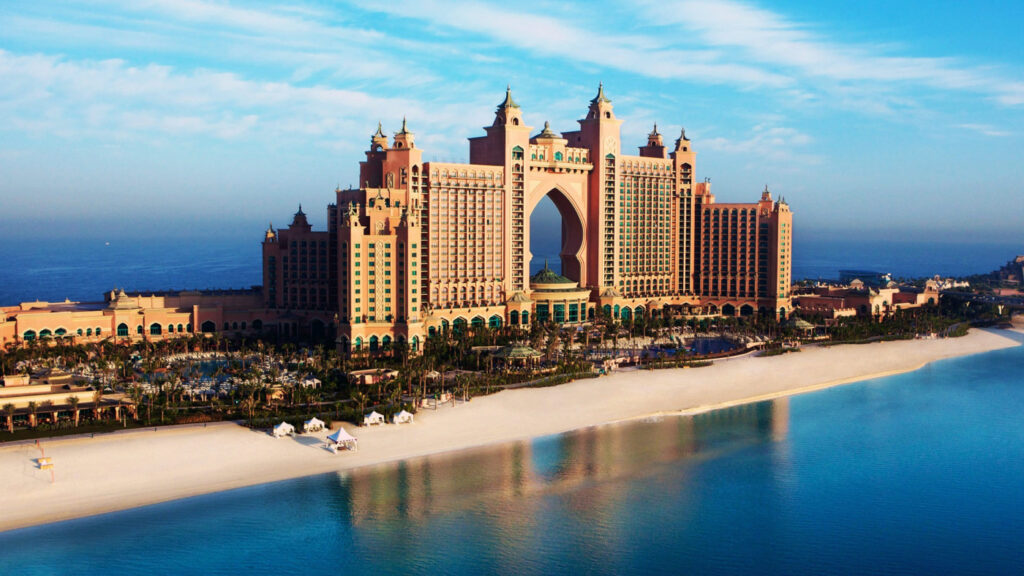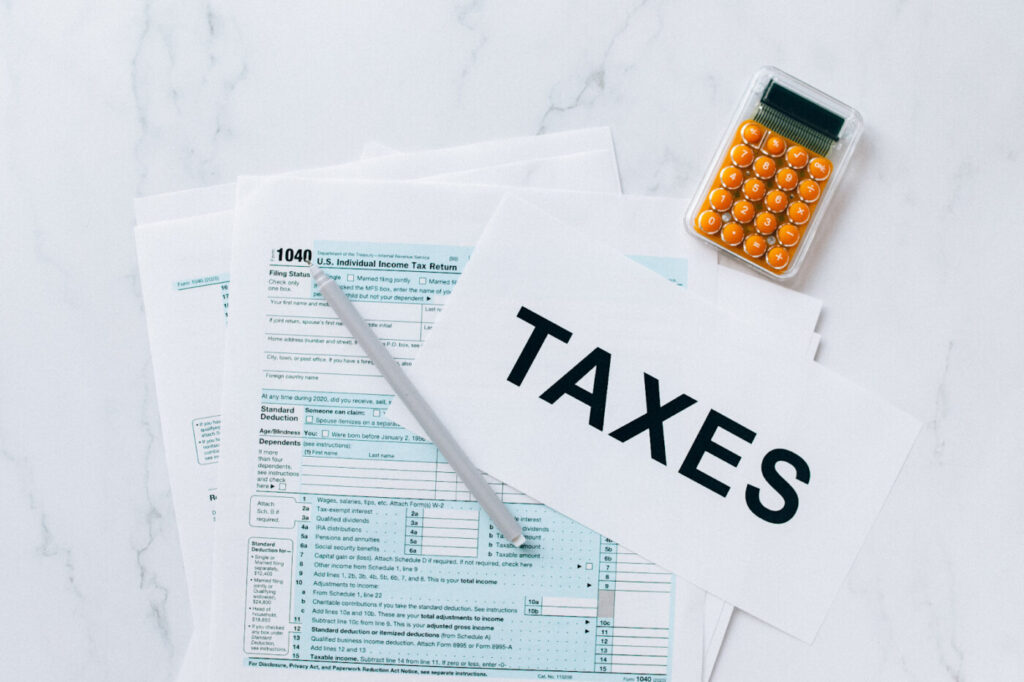
Since the beginning of 2022, real estate prices in the UAE mega-cities doubled, and demand exceeded supply. In the UAE, federal and regional taxes may differ and it depends on the emirate. The choice between the free zone and the rest of the territory depends on nationality, the company’s physical presence in the UAE, profit margins, the presence of exports, and its nature.
When buying property in the UAE, you should pay a transfer fee. Its rate depends on the emirate. For example, in Abu Dhabi, it ranges from 1 to 4% of the cost (the size is determined by the Executive Committee). In Dubai, you will pay 4% of the deal price. The transfer tax may be borne by the buyer, but usually, the seller and the buyer divide the transfer tax in half.
READ: Taxation in the UAE: One of the Main Benefits for Business
The transfer of ownership of the property also requires the payment of an administrative fee – 540 dirhams ($147). Registration Fee is a one-time payment that the buyer makes:
After the transaction, the buyer pays the title deed. The fee is 250 dirhams ($68). If the property is commercial, the buyer additionally pays VAT of 5%.
The UAE does not have an annual property tax. However, there are housing maintenance fees that must be paid in advance once a year. If the owner rents the apartment, the money will be written off from the account of the owner, not the tenant.
READ: Sands and Skyscrapers: Unveiling the Enchantment of Dubai
Real estate tax depends on the emirate. For example, in the largest emirate of Abu Dhabi, foreign nationals are charged 3 percent of the annual rent. In Sharjah, the tax is 2%. In densely populated Dubai, the rent tax is 5%. On commercial real estate, the tax rate rises to 10%.
When selling real estate in the UAE, the seller pays half of the transfer of ownership tax rate (Transfer Fee). The tax rate also depends on the emirate.

For foreign businesses, the UAE is attractive enough for simple taxation. In each emirate, there are its rules. But VAT in the UAE is actually absent. Since January 1, 2018 VAT has been introduced for different types of transactions and for some industries where the tax is only 5%.
A 20,000 dirham ($5,425) fine is payable for late registration. Companies can therefore voluntarily register with the tax authorities if their annual revenue ranges from AED 187,500 (US $51,048) to AED 375,000 (US $101,703).
READ: Obtaining a Residence Permit in Dubai: Company Registration
In the UAE there are several categories of VAT payers: with a rate of 5%, 0%, and exempted from VAT.
VAT in the amount of 5% is charged from private universities and for related educational goods and services (uniforms, stationery, gadgets, study tours). Also, VAT in the Emirates is paid for aesthetic surgery, insurance, rental of commercial buildings, buying food and beverages, jewelry and precious metals of less than 99%, gasoline, used goods, and cars.
VAT in the UAE is levied throughout the territory, including in the free economic zones.
The VAT with zero interest rate includes childcare and preschool education institutions, private and public schools, public universities or receiving 50% of the budget funding, additional school classes and educational trips, medical services and equipment, crude oil and natural gas, sale or lease of a new residential building, international passenger and freight transport, and precious metals with a purity of over 99%.
Domestic passenger transport, interest on credit, life insurance, land without buildings, as well as rental or sale of housing after the first delivery are exempt from VAT.
The UAE imposes taxes of up to 100 percent on excise goods deemed by the government to be harmful to health or the environment. If a company imports, produces, or stores excise goods, it is obliged to pay excise taxes:

There is currently no federal corporate income tax in the UAE. But in some emirates, income tax is levied on insurance companies and subsidiaries of foreign banks: their tax rate is 20%. Depending on the emirate, the tax may be higher or lower. Oil and gas producers also pay a profit tax of 55-85%. On June 1, 2023, the UAE introduced a profit tax for other segments.
Customs duty is an indirect tax that is levied on imports into the UAE. This is usually 5%. The customs duty for alcohol products is 50 percent and for tobacco products 100 percent. Customs duties are also levied on the export of goods from FEZ to the rest of the UAE and the Persian Gulf countries. There is no duty on the import of medicines, pets, vegetables, and precious metals.
The insurance contribution, which goes to the pension fund and to the formation of benefits, is paid by the company only for citizens of the UAE and the Gulf countries. The rate in this case is between 17.5 and 20%. The company retains 5% of the employee’s salary, the rest is paid from the budget. The annual fee for companies is 2,000 dirhams ($544).